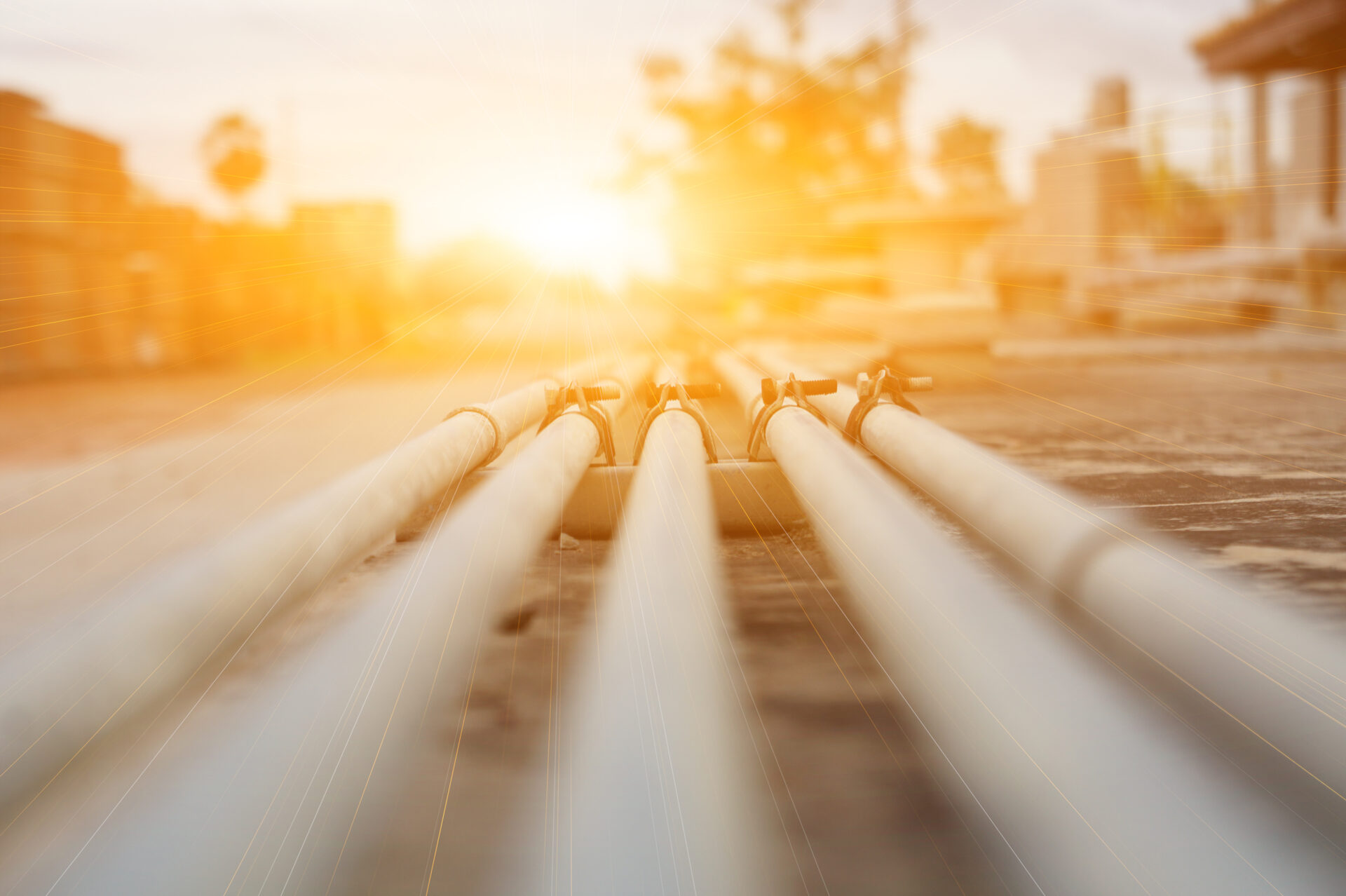The growing production of domestic energy in the United States has been good for our nation’s economy. It has made our country more energy independent, created hundreds of thousands of good-paying jobs, and bolstered our national security.
Even so, nine of the remaining Democratic presidential candidates have called for a ban on fracking. Much of the rest of the field have vowed to limit or impose more regulations on the practice. That could be a risky political stance, especially in the swing-state of Pennsylvania. Pennsylvania is home to 20 electoral votes as well as the Marcellus Shale, the largest natural gas field in the United States and one of the largest in the world. Pennsylvania is the second-highest natural gas producing state in the country – with the industry supporting thousands of high-skilled jobs, economic development opportunities, and new streams of tax revenue for local use.
As Forbes noted earlier this year, the Marcellus shale development in Pennsylvania is crucial to the state’s economy:
In 2015, Harvard Business School and Boston Consulting Group cited shale development as: “perhaps the single largest opportunity to improve the trajectory of the U.S. economy.” …
Marcellus shale development in Pennsylvania, for instance, has already offered the state more than Bezo’s (Amazon) HQ2 could have, with some “243,000 direct and spin-off jobs with a core-job average salary of $93,000” provided. A shale-based manufacturing boom in the region is coming next.
These are all solid jobs that require great skill and training. This explains why petroleum engineering is the highest paying major at U.S. universities, earning a whopping $175,000 annually, or 4.4 times more money than what a solar installer brings in.
Despite this impressive investment, this is what the Democratic candidates have said about fracking:
Senator Bernie Sanders: “Any proposal to avert the climate crisis must include a full fracking ban on public and private lands.”
Senator Kamala Harris: ““There’s no question I’m in favor of banning fracking.”
Senator Cory Booker: “Accelerate the end of fossil fuels by immediately eliminating all fossil fuel subsidies, barring all new fossil fuel leases, phasing out fracking, and instituting a carbon fee and progressive climate dividend — achieving 100% carbon-free electricity by 2030.”
Senator Elizabeth Warren: “On my first day as president, I will sign an executive order that puts a total moratorium on all new fossil fuel leases for drilling offshore and on public lands. And I will ban fracking—everywhere.”
See all of the candidates‘ positions on fracking here.
It is important to note that these positions, unfortunately, would have real and lasting impacts on places like Pennsylvania, where hundreds of thousands of people are employed by the energy industry. Natural gas provides more than 35% of our nation’s electricity and is responsible for heating nearly half of the homes in the country. An all-out ban on natural gas would have a detrimental impact on American energy security and grid reliability.
Energy companies have gone above and beyond to invest in modern infrastructure and improve existing pipelines. However, some Democratic candidates’ ideological opposition to the use of fossil fuels has gotten in the way of determining what actually may be best for American consumers. For example, Senators Warren and Sanders have announced that they both oppose Enbridge’s plan to replace the Line 3 Pipeline in Minnesota. Other candidates like Joe Biden and Sen. Amy Klobuchar “have remained largely silent, mindful that such projects are viewed as job creators for some of the working-class voters they may need to win the state next year,” as the Associated Press noted.
These positions can have a real-world impact for the nation as a whole –as the United States is expected to become energy independent in 2020 after being a net oil exporter for the first time in 75 years:
University of Colorado professor Roger A. Pielke Jr. said that Ms. Warren’s plan would force the nation to rely on foreign fossil-fuel imports.
“This is a big promise, both to ban fracking and to do it everywhere on day 1 of a Warren administration,” tweeted Mr. Pielke. “Banning fracking would kill off the ~entire US oil and gas extraction industry and turn the US into a major importer of fossil fuels. It would not reduce FF consumption.”
The United States’ political debate and policy proposals should focus on realistic solutions with realistic timelines that won’t hurt American families and do little to nothing to benefit the environment.

